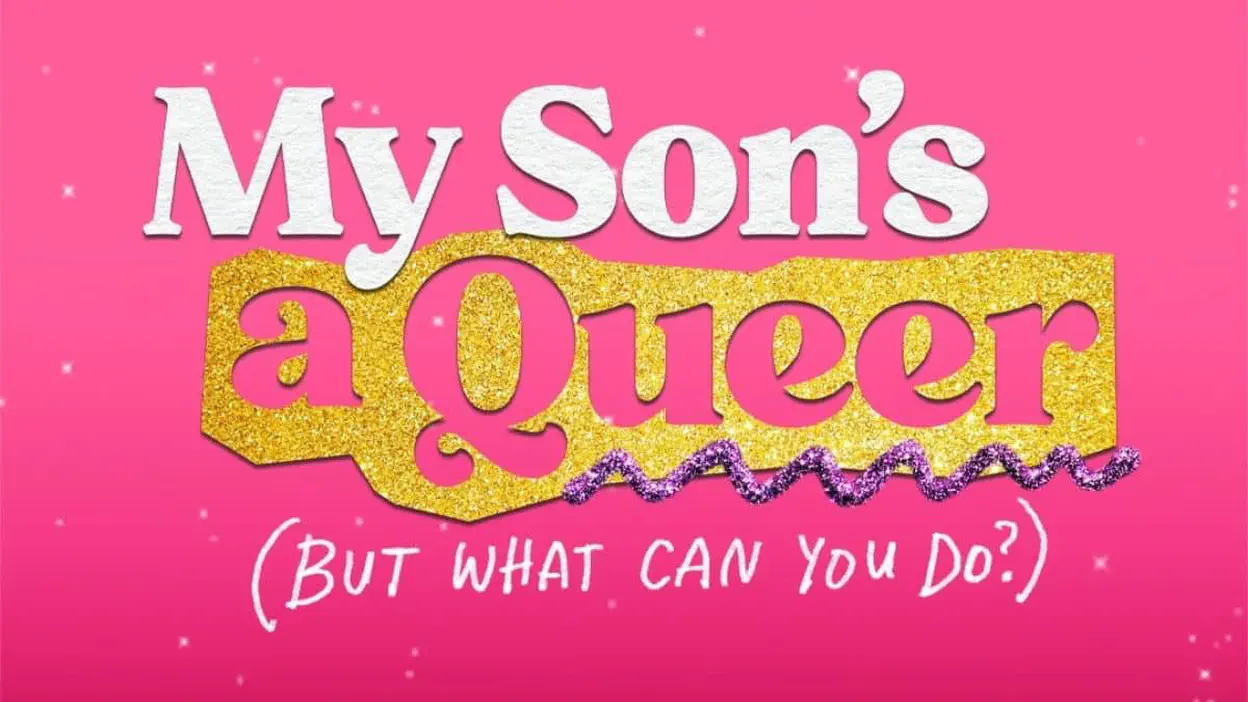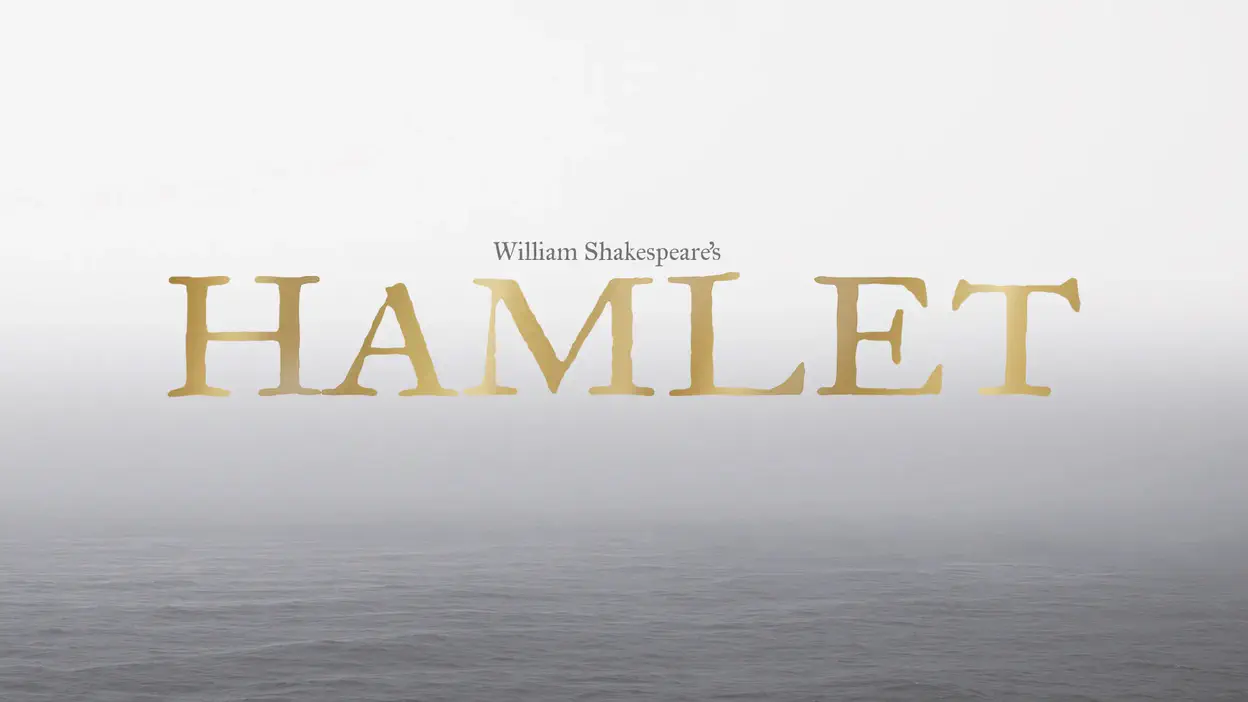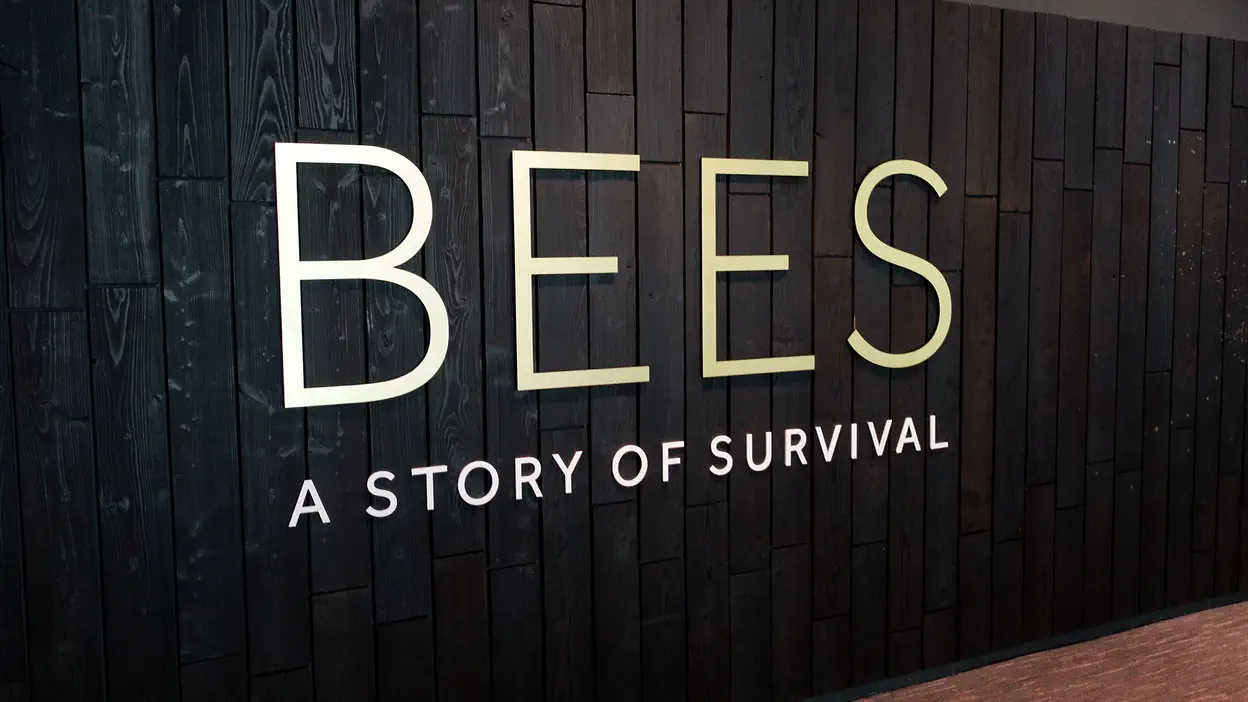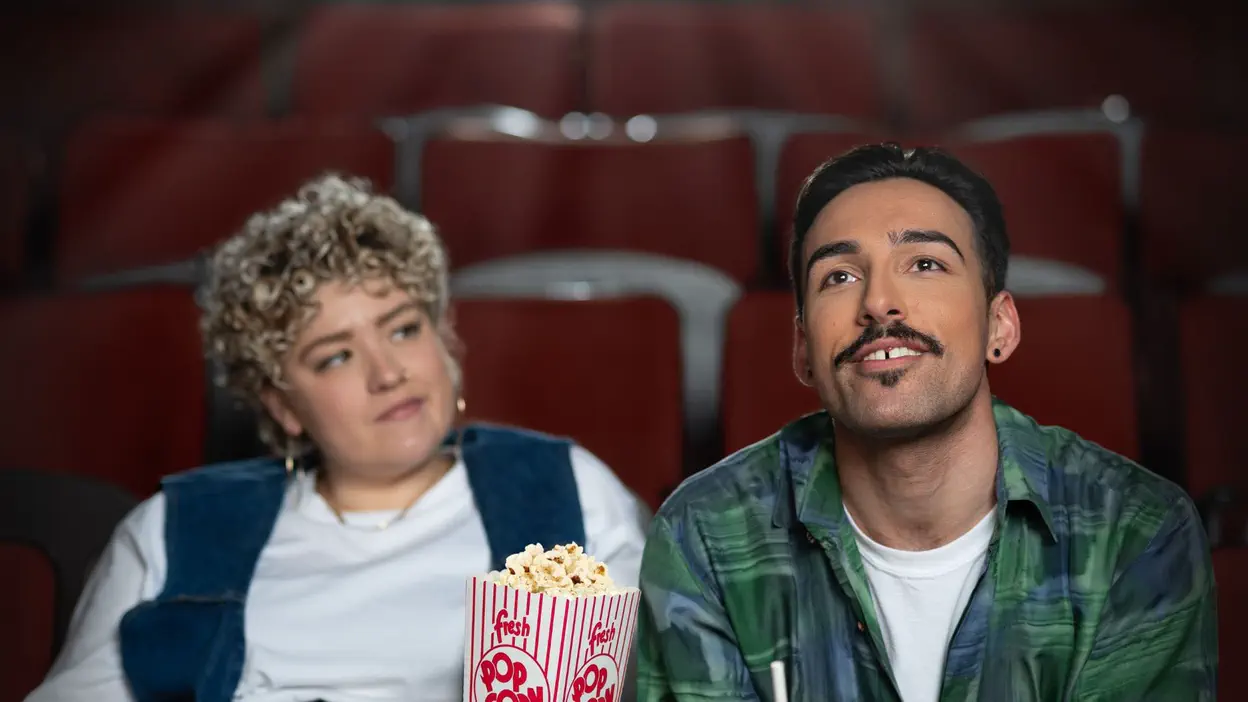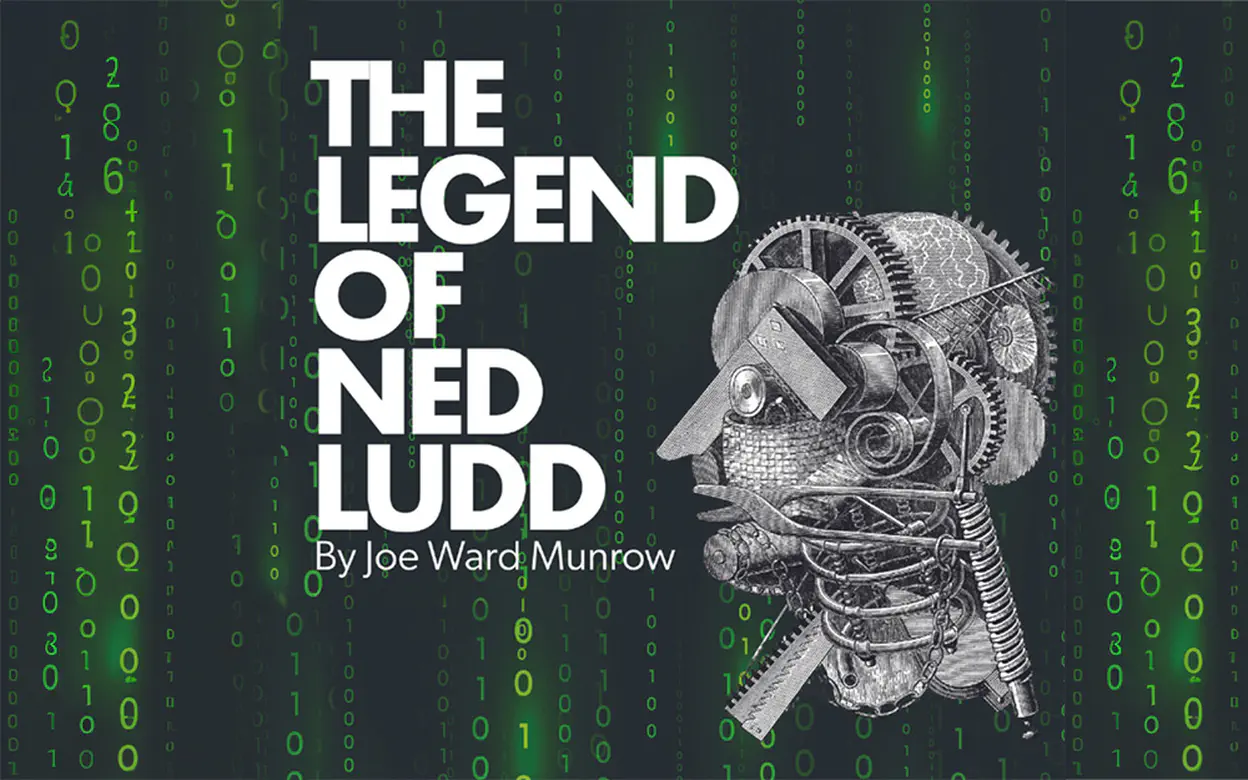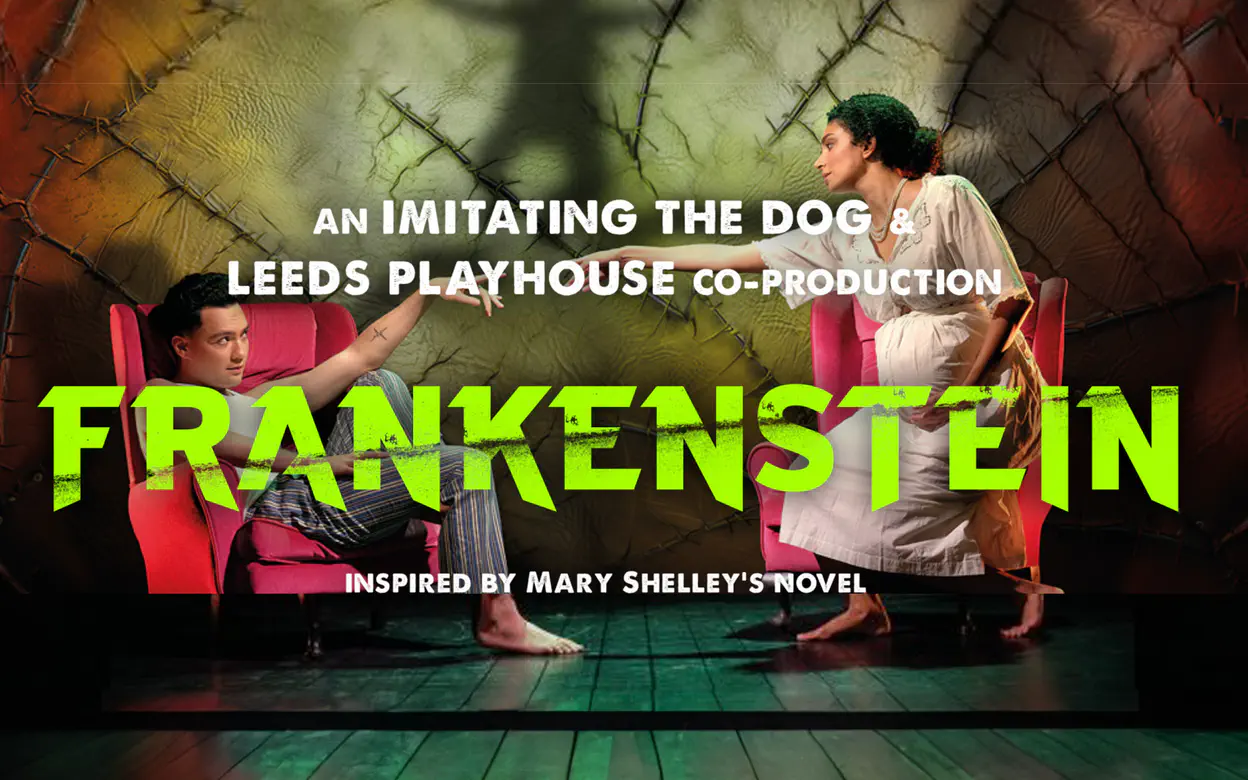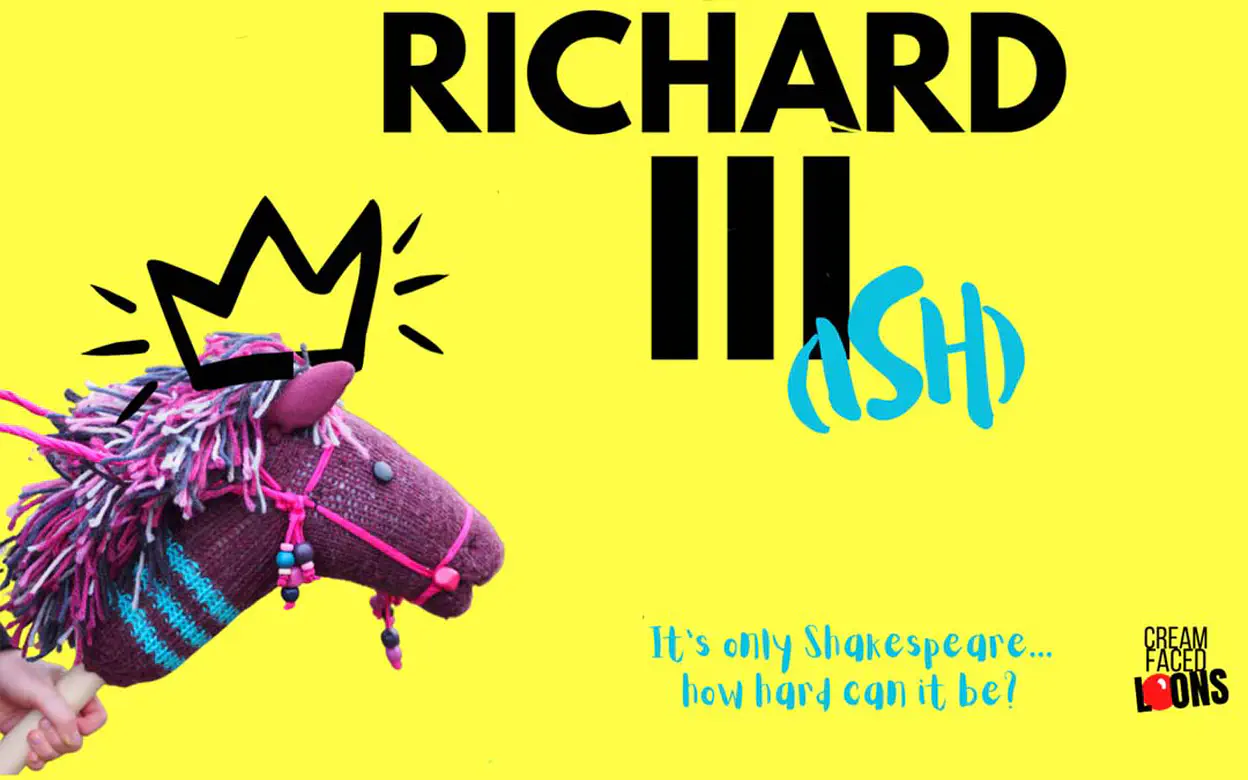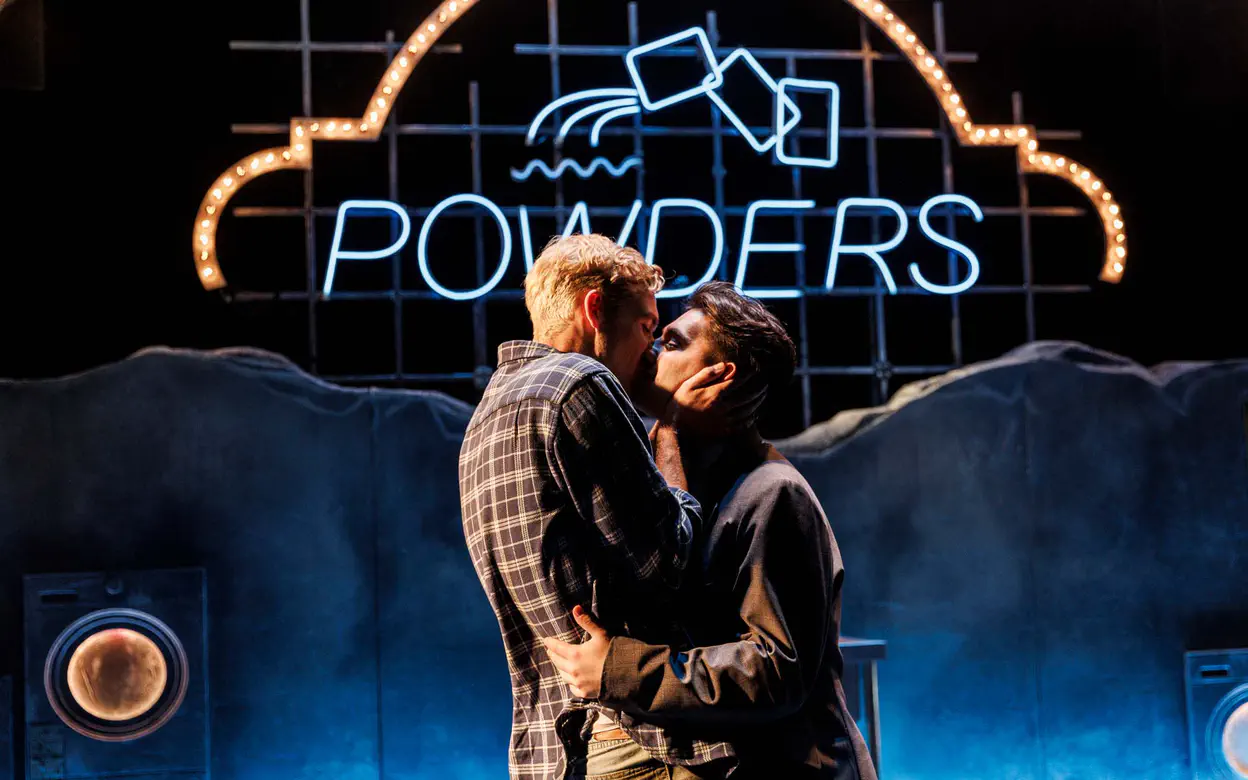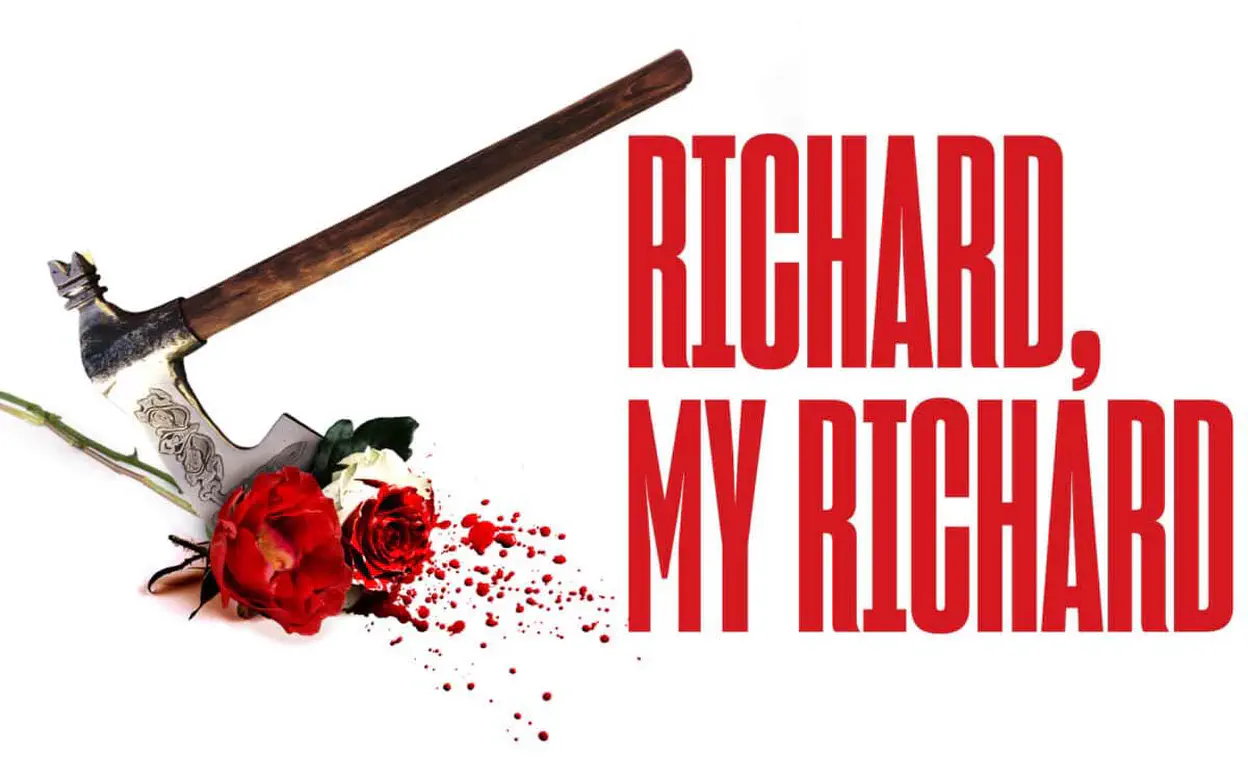Liverpool
My Son's a Queer, (But What Can You Do?)
Liverpool PlayhouseInternet sensation Rob Madge is arguably best known for their childhood home videos showing their recreations of Disney rides and parades. Often including their family members as supporting cast or slightly unsuspecting ride participants, millions have viewed Madge’s videos across multiple social media platforms.
Utilising these home videos, Madge has created a one-person biographical show that is touring the UK for the first time following successful runs at the Edinburgh Fringe and on the West End.
Hamlet
Knowsley HallNamed after the company that William Shakespeare worked for as an actor and playwright, the all-male theatre company The Lord Chamberlain’s Men has performed Shakespeare’s plays as close to the original presentation as possible for the last 20 years. Touring throughout Europe, the company performs in the open air wearing Elizabethan costumes and features music and song within the performances. As an all-male group, any female roles are played by the men, as would have been the case in Shakespearean England.
Bees: A Story of Survival
World Museum LiverpoolThe latest temporary exhibition at World Museum Liverpool sees the museum partner with multi-disciplinary artist Wolfgang Buttress to produce a fascinating insight into the world of bees, how they have adapted to survive since the time of the dinosaur, and how vital they are to the survival of humanity.
The exhibition blends interactive displays, sculptures, lights and media across 8 different rooms.
The first room contained detailed information about bees, with computer displays covering everything from the anatomy of a bee through to the different species of bees around the world. This room is the most traditional museum element of the exhibition before the remaining rooms move more into an art exhibition. Our highlights from this first room included the discovery that bees evolved from wasps (we’d always thought it was the other way round), and that Vulture Bees exist in South America that are carnivores which feed on rotting meat.
Tell Me How It Ends
Liverpool Everyman TheatreThe 1980s, a time of big hair and even bigger shoulder pads, the emergence of MTV, and when an epidemic brought with it prejudice, fear, and new attitudes around being queer. In hospital rooms across the country, and indeed the world, groups of lesbians were ensuring that gay men diagnosed with HIV/AIDS were not forgotten or left to suffer alone. Many families turned their backs on their loved ones out of fear, but the lesbian community stepped up to support a part of society that many had marginalized.
The Legend of Ned Ludd
Liverpool Everyman TheatreThe concept of machines taking over the world has a long tradition within popular culture. From Terminator’s thumbs up as he descends to a fiery death, to Westworld, I Robot and 2001: A Space Odyssey, technology is often portrayed as going rouge to create a form of dystopian future. With the rise of Artificial Intelligence, Deep Fakes, and outsourcing of work to automation the apocalyptic wasteland can feel as though it’s within touching distance. The role of humans in all these scenarios is rarely touched upon. In the first of the three homegrown productions celebrating the Everyman’s 60th anniversary, The Legend of Ned Ludd aims to look more at the human elements of technology, exploring what happens when machines make decisions, and showing that the impact of technology is a timeless, worldwide question.
Frankenstein
Liverpool PlayhouseImitating The Dog are known for combining innovative digital media with traditional theatre to create exceptional works. Their production of Macbeth last year was one of our favourite stage productions of the year (you can read our review here), so when we saw that they were continuing their Gothic production theme with an interpretation of Frankenstein we knew that we had to go.
The production combines the classic Marry Shelley Frankenstein with that of a story of a nameless couple who are navigating an unplanned pregnancy. As they discuss what it means to be human, whether bringing a baby into the current world is the right thing to do, and create their own monsters through a lack of understanding those who are different, the storyline constantly switches to the text of Frankenstein which is cleverly introduced as a radio dramatisation. The struggles of Frankenstein, and the moral dilemma he faces in bringing life to his Creature, mirror that of the nameless couple.
Richard III (ish)
Shakespeare North PlayhouseCovering the second longest Shakespearean play in a family friendly way, in under an hour, and with just one person performing all the parts is bordering on absurd. But only bordering, because Cream-Faced Loons proved that not only can this be done, it can be done brilliantly.
The premise of the show is that the Cream-Faced Loons are due to perform an extravagant version of Richard III (even acrobats were mentioned at one point!). There’s just one, pretty significant, problem; the van with the actors in has broken down so they can’t reach the venue. In a bid to give people a show though, Stagehand (Abey Bradbury) decides to try and tell Shakespeare’s classic machiavellian tale single handedly. With a mixture of props, music, an insult generator, and a fair bit of audience interaction, Richard III is performed. Ish.
My Beautiful Laundrette
Liverpool PlayhouseAdapted from the 1985 film of the same name, My Beautiful Laundrette is a sophisticated, heartfelt and painful reminder that the world is still full of inequality.
The show is set around Omar (Lucca Chadwick-Patel), a young British Pakistani who is struggling to find work during the height of Thatcher’s Britain. In a bid to give Omar more than just a life on “The Dole”, his Papa (Gordon Warnecke) decides Omar will work for his Uncle, and then go to college.
Richard, My Richard
Shakespeare North PlayhouseRichard III is one of the most infamous Kings of England. Known as a tyrant, a usurper, and portrayed by Shakespeare as a hunchback, Richard III is often synonymous with the murder of his nephews, The Princes in the Tower. But what if everything that you think you know about Richard III isn’t actually true? With history written by the victors, what if Richard was actually a loyal brother, a loving husband and a victim of the historical record being incorrect? This is the intriguing question that historian, author, and now playwright Philippa Gregory asks in her debut play Richard, My Richard.
